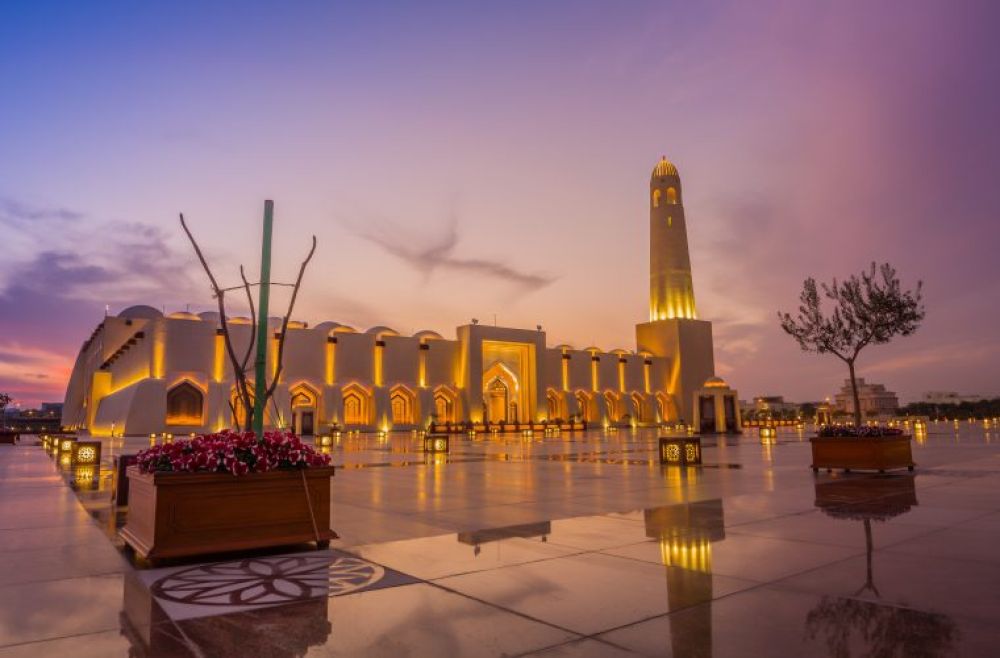

The State of Qatar has seen a significant transformation in its tourism sector over the past few decades. The Amin Bin Hassan Mosque in Al Wakrah is one of the cultural landmarks that has contributed to the growing interest in the country's rich history and architecture.
Qatar's tourism industry began to develop in the late 20th century, although the country has long been a hub of trade and travel in the Gulf region. The discovery of oil and natural gas reserves propelled Qatar into the modern era, and with economic growth came the need to diversify the economy. Tourism was identified as a potential avenue for diversification.
Initial tourism development focused on business travel, with the creation of modern hotels and conference facilities. However, Qatar's government soon recognized the potential for cultural and leisure tourism. The historic and architectural significance of landmarks such as the Amin Bin Hassan Mosque played a key role in this recognition.
The Amin Bin Hassan Mosque, with its traditional Qatari architecture, has become an emblem of Al Wakrah's cultural heritage. The mosque is reflective of Qatar's Islamic architecture and offers insight into the religious and communal life of the city. Its preservation and integration into the tourism circuit is a part of the country's efforts to celebrate its national identity.
In recent years, Qatar has heavily invested in developing a more sustainable and diverse tourism sector. The rise of eco-tourism, cultural festivals, and sports-related travel, especially with events like the FIFA World Cup 2022, has attracted international attention.
Smart tourism is also a growing trend. Qatar is leveraging technology to improve the visitor experience through apps and virtual reality, offering interactive experiences of historical sites like the Amin Bin Hassan Mosque. These initiatives cater to a global audience interested in both history and cutting-edge technology.
In light of global health events, the country has shifted towards ensuring a safer tourism experience, which includes implementing advance booking systems and virtual tours. This aligns with the worldwide trend of catering to health-conscious travelers.
Qatar National Vision 2030 is the driving force behind the current developments in tourism. The national plan emphasizes sustainable development while encouraging the international community to explore the country's cultural heritage. As part of this vision, historical mosques such as the Amin Bin Hassan Mosque are slated to become even more integral to Qatar's tourism offering, bridging the past and present for visitors from around the world.
With a combination of its rich history, modern advancements, and strategic vision for the future, tourism in Qatar, centered around landmarks such as the Amin Bin Hassan Mosque, is poised to flourish and diversify even further in the coming years.